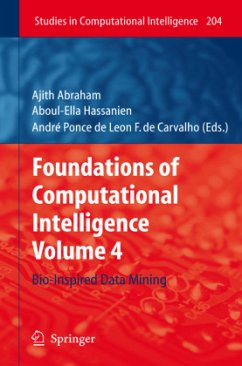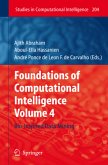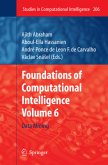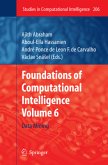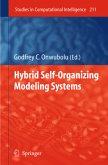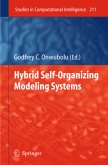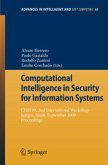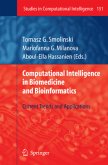Foundations of Computational Intelligence Volume 4: Bio-Inspired Data Mining Theoretical Foundations and Applications Recent advances in the computing and electronics technology, particularly in sensor devices, databases and distributed systems, are leading to an exponential growth in the amount of data stored in databases. It has been estimated that this amount doubles every 20 years. For some applications, this increase is even steeper. Databases storing DNA sequence, for example, are doubling their size every 10 months. This growth is occurring in several applications areas besides bioinformatics, like financial transactions, government data, environmental mo- toring, satellite and medical images, security data and web. As large organizations recognize the high value of data stored in their databases and the importance of their data collection to support decision-making, there is a clear demand for - phisticated Data Mining tools. Data mining tools play a key role in the extraction of useful knowledge from databases. They can be used either to confirm a parti- lar hypothesis or to automatically find patterns. In the second case, which is - lated to this book, the goal may be either to describe the main patterns present in dataset, what is known as descriptive Data Mining or to find patterns able to p- dict behaviour of specific attributes or features, known as predictive Data Mining. While the first goal is associated with tasks like clustering, summarization and association, the second is found in classification and regression problems.

